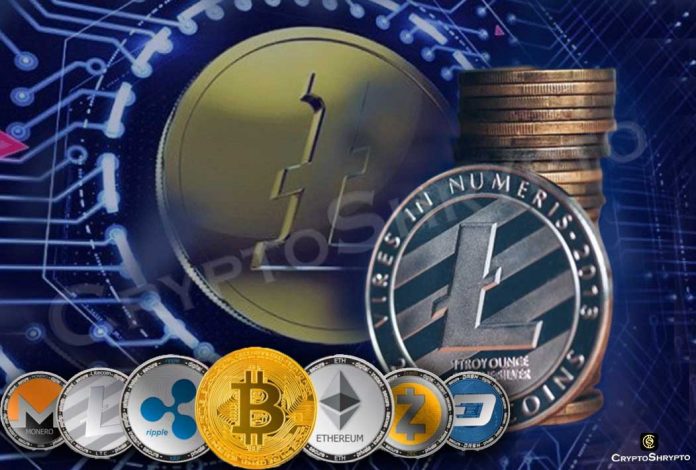Litecoin Foundation has made an announcement regarding the release of the Mimblewimble Extension Block (MWEB) Litecoin upgrade which is to enhance the security and privacy features of the network but there are many apprehensions for the cryptocurrency exchanges having LTE coins.
What is MWEB upgrade for Litecoin?
Sometimes people want to keep part of their personal information private, which is where the MWEB update comes in for LTE transactions. As per the official website of MWEB upgrade, it is the largest upgrade for the LTE network ever. Updates also boost network performance and transaction processing speed, according to developers.
The update is optional and it will increase the user’s fungibility and privacy in the network. The upgrade has placed a greater emphasis on on-chain security. Users who choose to activate the update will have total privacy in the following information: the amount of cryptocurrency transferred, the sender and the recipient’s addresses.
Timeline of upgrade
As per the official website, the upgrade was in process for the last two years. The initial code for the upgrade was completed on 15 March 2021. After completion of review and audits by LTC and BTC developers between June to October 2021, the code was released on 31st January this year. On May 19, 2022 code was activated.
What are the problems with the new code?
The new upgrade is welcomed by many investors but some of the centralised and controlled cryptocurrency exchanges may begin the delisting process for LTE owing to potential legal difficulties. There are challenges on the front of anonymous transactions, money laundering, and tax issues.
The major concern with the new upgrade, which will be triggered on block 2257920, is better transactional secrecy between senders and recipients. Users can transmit money to the extension block and back to the main chain using Mimblewimble Extension Blocks.
In other words, MWED allows a user to send secret transactions on a chain while hiding the amount transferred. It essentially prevents authorities in nations such as South Korea from monitoring transmitted money and renders it nontaxable.
Similarly, the Monero coin, which is likewise heavily controlled by European and Asian legislatures and outlawed by the main centralised cryptocurrency exchanges, has functions comparable to anonymous transactions.
Potential action of crypto exchanges after MWEB upgrade for LTE
According to a South Korean crypto exchange Upbit, the exchange is always striving to avoid money laundering, which is why they will be forced to delist Litecoin if deposits to the exchange are made using Mimblewimble. According to exchange, deposits made using the new technology will result in a permanent loss of money because the exchange would not be able to verify the amount transacted or the sender.
The position on Litecoin from big CEXes is currently unclear. However, decentralised exchanges are accepting new capabilities that make Litecoin trading safer and more decentralised.




